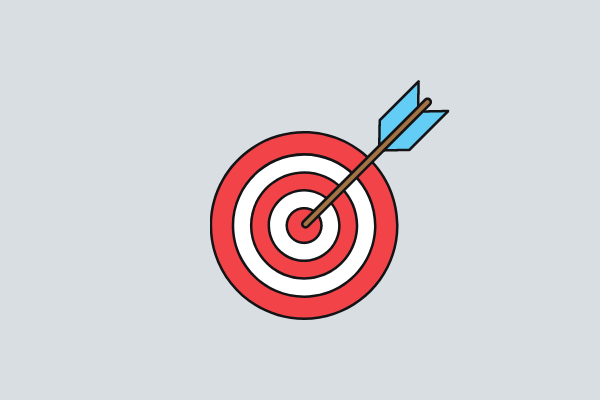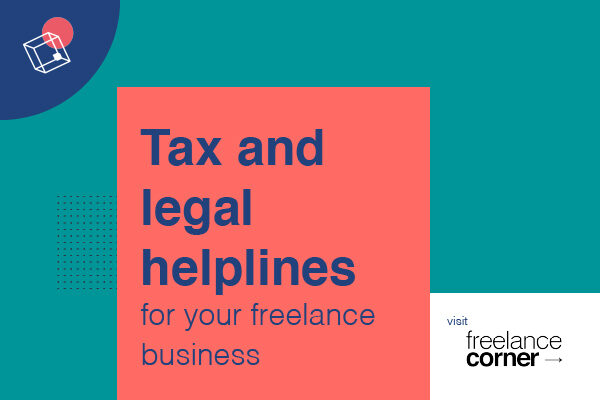While some freelancers are struggling to find work during lockdown, others are busier than ever as demand for certain services – such as leadership consultancy and virtual assistants – increases. So it’s important to know how to avoid mental burnout during lockdown.
Many freelancers are also working hard to pivot their offerings and market them to a new audience. In each of these scenarios, there’s a risk of burning out.
“We can sit in certain amounts of uncertainty for a certain period of time because we have resources and coping mechanisms that help us get through these times,” explains integrative therapist Abbey Robb. “But even for freelancers, who have a baseline level of uncertainty when it comes to their work, eventually those resources run out.”
She says she’s seen the levels of anxiety in the community rise perhaps before the statisticians have caught up with it. “People are a lot more anxious; they’re not sleeping as well, they’ve already got a lot of worries and then there’s this grief that’s out there in the community,” she says.

Zone in on your niche
Robb believes one of the best things freelancers can do to avoid burning out during this period of uncertainty is to work smart rather than hard by leveraging the contacts they’ve already got.
“Every good freelancer has a lot of good contacts that know them, like them and may need to be reminded about them,” she says. “It’s also important to know your worth and don’t say I’ll take any job that comes along – you’ll just end up feeling overwhelmed and underappreciated.”
Marie Brown, who helps small business owners build websites, agrees, saying that considering your niche is probably the best way to stand out in your search for work. “It is tempting to just go for any work. But you need to be more like a sniper – picking off the pieces of work that fall slap bang in your niche – rather than have a scattergun approach,” she advises.
“Clients are going to have a choice of who to work with. And they’re more likely to choose you if you specialise in the area they’re looking for than if they see you as someone who will do anything. All your marketing – your website, social media and networking – should reflect that niche. It won’t stop you accepting other work but it does mean that you will attract the work you want to do much more easily.”

Create a support network
The other advantage to getting in touch with existing contacts, according to Robb, is that it creates a network of social support. “Having good social relationships is one of the most beneficial things we can do to protect ourselves from intense stress,” she says.
Cara de Lange, founder and CEO of mental health consultancy Softer Success, agrees, telling me that loneliness can often contribute to burnout. In fact, a Harvard Business Review study from 2016 discovered that people today are twice as likely to be constantly exhausted than they would have been 20 years ago. It also found a significant correlation between feeling lonely and work exhaustion across professions and up and down corporate hierarchies.
Cara says it’s possible to combat burnout while also setting boundaries with technology. “Make sure you actually talk to a friend or family every day,” she says. “Texting does not cut it. Hearing a real voice, the inflection, the laugh does not come across in an emoji. Put an alarm at a time in your day for you to reach out to someone.”
Optimise your daily routine
Lee Chambers is an environmental psychologist and wellbeing consultant. He says freelancers should build both a morning and evening routine into their day.
“For a typical client, we advise to connect with themselves in the morning, before connecting to work. By connecting to themselves positively, with meditation, positive podcasts and books, journaling, exercise and similar self-care, they can start their day in a positive mindful way, and they carry this resonance over to their work,” he explains.
“Similarly, by having an evening routine where we do something we enjoy, something creative or something that gives us social connection, we can destress and disconnect from our work, leaving us able to reconnect stronger the following day.”
He also suggests setting a schedule, which allows you to work in blocks, connecting deeply to a task for 60-90 minutes and then taking a 10-15 minute break. “Science suggests we can do around four hours of high quality deep work every day and another few hours of less intense work. By practising this, we also find it much easier to switch off at the end of the day, and to switch off to go to sleep at night,” he says.
Finally, he advises taking a proper lunch break – either to cook or go for a walk – to split up the working day. “It’s important to have these breaks away from tech, so we can have a full sensory experience and prevent eye strain and similar musculoskeletal issues from remaining seating for long periods,” he says.
By Elly Earls







